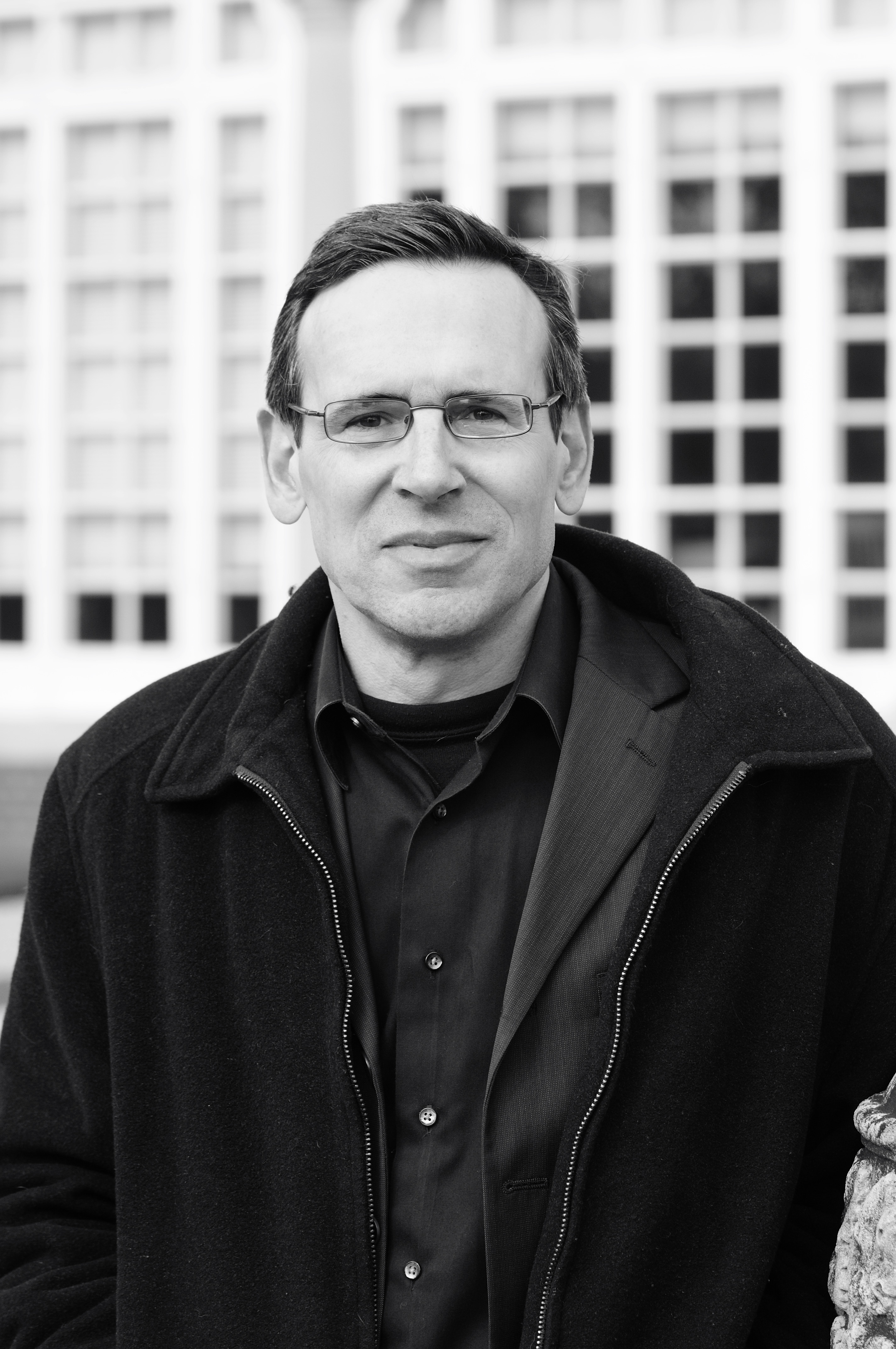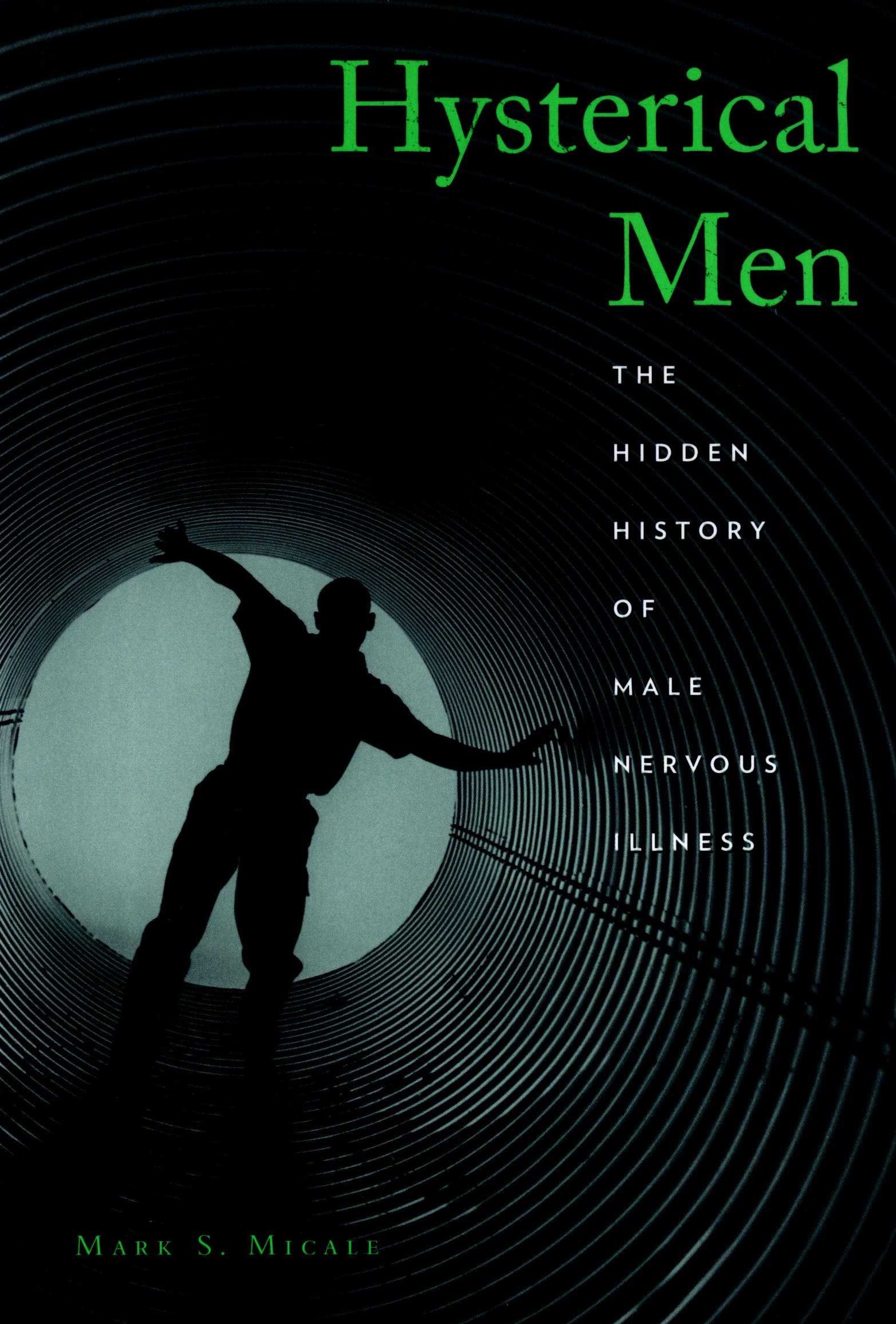
Hysterical Men: The Hidden History of Male Nervous Illness (Cambridge, Massachusetts: Harvard University Press, 2008), 366 pp. Over the course of several centuries, Western masculinity has successfully established itself as the voice of reason, knowledge, and sanity—the basis for patriarchal rule—in the face of massive testimony to the contrary. Hysterical Men boldly challenges this triumphant vision of the stable and secure male by examining the central role played by modern science and medicine in constructing and sustaining it. Mark Micale reveals the hidden side of this vision, that is, the innumerable cases of disturbed and deranged men who passed under the eyes of male medical and scientific elites from the seventeenth century onward. Since ancient times, physicians and philosophers had closely observed and extravagantly theorized female weakness, emotionality, and madness. What these male experts failed to see—or saw but did not acknowledge or noted but refrained from theorizing—were masculine nervous disorders among all classes and in diverse guises. While cultural and literary intellectuals pioneered new languages of male emotional distress, European science was invested in cultivating and protecting the image of male middle-class detachment, objectivity, and rationality, despite rampant counter-evidence in the clinic, the laboratory, and on battlefields. The reasons for suppressing male neurosis from the official discourses of science and medicine as well as from popular view range from the personal and psychological to the professional and political. They make for a history full of profound silences, omissions, and amnesias Now, however, under the greatly altered circumstances of today’s gender revolution, Micale’s work allows this story to be heard.

The Mind of Modernism: Medicine, Psychology, and the Cultural Arts in Europe and America, 1880-1940, edited and introduced by Mark S. Micale (Stanford, California: Stanford University Press, 2004). This vanguard collection of original and in-depth essays explores the intricate interplay of the aesthetic and psychological domains during the late nineteenth and early twentieth centuries and considers the reasons why a common Modernist project took shape when and in the circumstances that it did. These changes occurred precisely when the distinctively modern disciplines of psychology, psychiatry, and psychoanalysis established their “scientific” foundations and achieved the forms in which we largely know them today. Micale’s volume examines the dense web of connections joining the aesthetic and psychological realms in the years of early and high modernism, charting the historical emergence of modernist discussions surrounding such issues as the psyche and the self, dream life, the normal and the pathological, the psychology of sexuality, and double and multiple consciousness. The contributors form a distinguished and diversified group of scholars who write about a wide range of cultural fields, including philosophy, the novel and poetry, drama, cabaret, dance, film, and photography, as well as medicine, psychology, and the occult sciences.
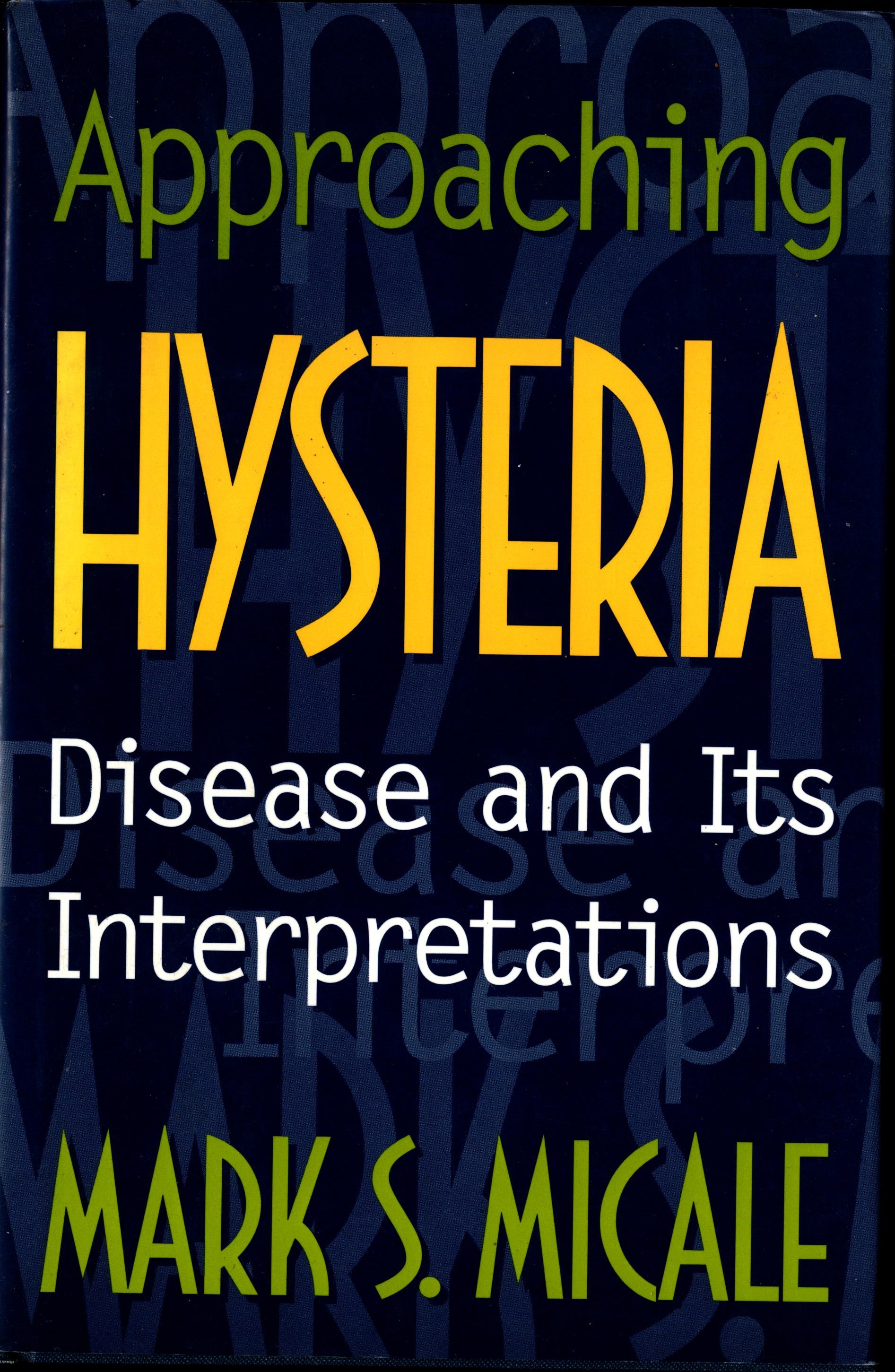
Approaching Hysteria: Disease and Its Interpretations (Princeton, New Jersey: Princeton University Press, 1995) Few diseases have exercised the Western imagination as chronically as hysteria—from wandering wombs of ancient Greek medicine, to the demonically possessed witch of the Renaissance; from the “vaporous” salon women of Enlightenment Paris through to the celebrated patients of Sigmund Freud, with their erotically charged symptoms. In this fascinating and authoritative account, Mark Micale surveys encyclopedically the range of past and present readings of hysteria. Intellectual historians, historians of science and medicine, scholars in women’s and gender studies, art history, psychoanalysts, psychologists, and neurologists have all converged in the last decade on “the new hysteria studies.” What does this burgeoning corpus of writing tell us? Why in recent years has the history of hysterical disorders carried such resonance for commentators in the sciences and humanities and beyond? What can we learn from the textual tradition of hysteria about writing the history of disease in general? What is the broader social and cultural meaning of the new hysteria studies? In the second half of the book, Micale discusses the many historical “cultures of hysteria.” He reconstructs in detail the past usages of the hysteria concept as a concept, a language, and a powerful, descriptive trope in various nonmedical domains, including poetry, fiction, theater, social thought, political criticism, and the arts. His book is a pioneering attempt to write the historical phenomenology of disease in an age preoccupied with health, and a prescriptive remedy for writing histories of disease in the future.

Beyond the Unconscious: Essays by Henri F. Ellenberger in the History of Psychiatry, edited, translated, and introduced by Mark S. Micale (Princeton, New Jersey: Princeton University Press, 1993). Henri F. Ellenberger, the Swiss-Canadian medical historian, is best known today as the author of The Discovery of the Unconscious: The History and Evolution of Dynamic Psychiatry (1970), a 900-page, brilliantly encyclopedic study of psychiatric theory and practice from primitive times to the mid-twentieth century. However, in addition to this well-known magnum opus, the polyglot Ellenberger wrote over thirty essays in the history of psychiatry, psychology, neurology, and psychoanalysis. Mark Micale’s collection unites fourteen of Ellenberger’s most interesting and important essays, many of which draw on new and rich bodies of primary source materials. Several of the articles appear here in English translation for the first time. The essays in Beyond the Unconscious deal with subjects such as the prehistory of psychoanalysis; Freud’s teachers; Jean-Martin Charcot and the French hysteria tradition; the role of “the great patients” in the history of psychiatry, the psychology of the secret, the life and work of Carl Gustav Jung and Hermann Rorschach, and the cultural history of medicine. The publication of these writings, which corresponds with the opening of the Institut Henri Ellenberger in Paris, truly establishes Ellenberger as a founding figure of the historiography of psychiatry Accompanying the essays is an extensive interpretative introduction and a detailed bibliographical essay by the editor.
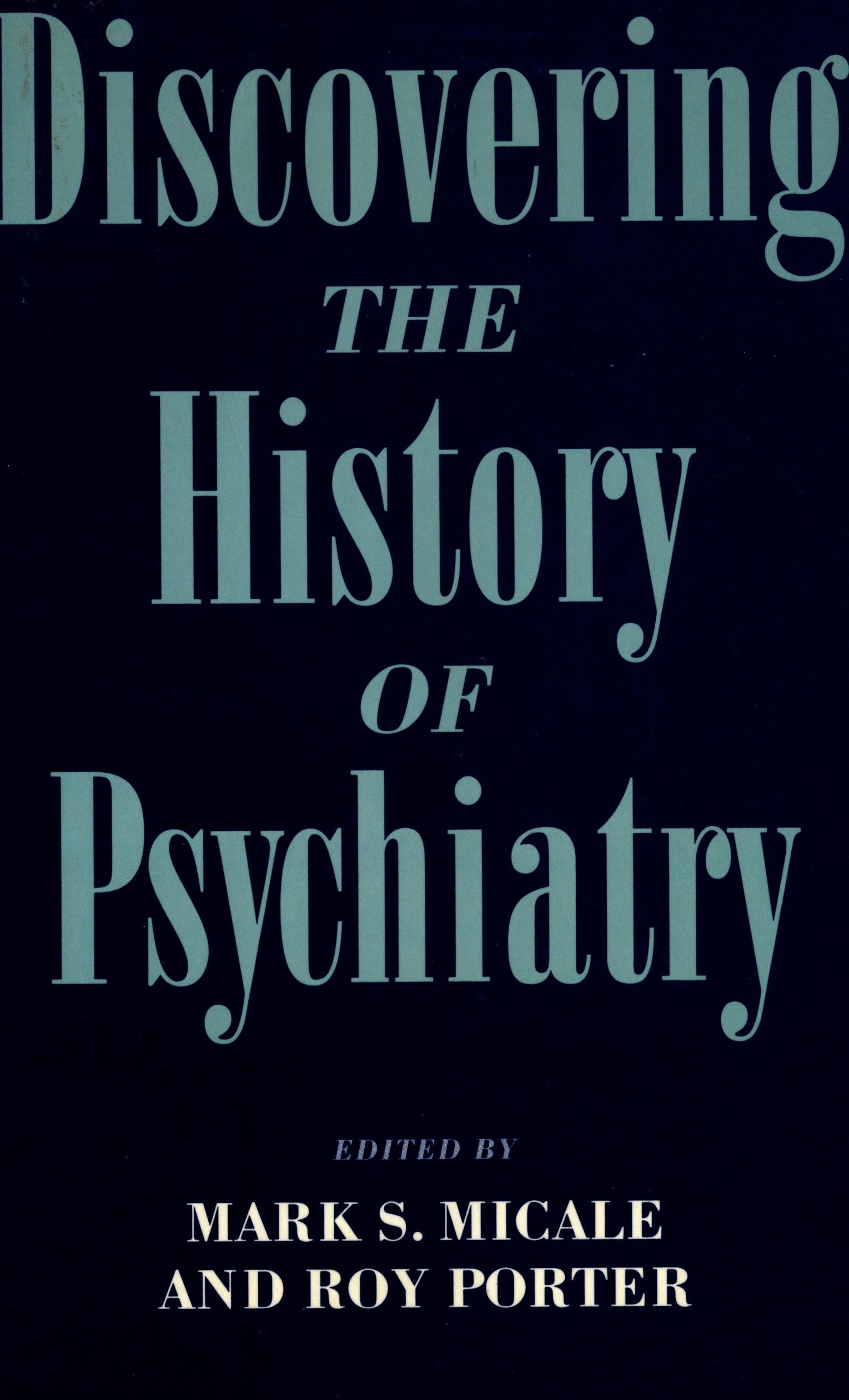
Discovering the History of Psychiatry, edited and introduced by Mark S. Micale and Roy Porter (New York and Oxford: Oxford University Press, 1994), 466 pp. The field of psychiatry has exercised enormous influence in our century, not only among scientists and mental health professionals, but also in the arts, humanities, and social sciences, which shape the cultural life of millions. This vitality has been accompanied by a profusion of historical material. Yet, while rapidly growing, the documented history of psychiatry has been ridden with controversies due to the great variety of interpretive stances and ideological perspectives among writers. This book brings together leading international authorities—physicians, historians, sociologists, and others—who explore the many complex interpretive and ideological dimensions of historical writing about psychiatry. The book includes chapters on histories of the asylum, Freud, anti-psychiatry in the United States and abroad, feminist interpretations of psychiatry’s past, and historical accounts of Nazism and psychotherapy, as well as discussions of many historical figures and movements. Discovering the History of Psychiatry is the first attempt to study comprehensively the multiple mythologies that have grown up around the history of madness and the origins, functions, and validity of these myths in our modern psychological society. The audience includes every person interested in the state of discussion and reflection taking place today in the compelling, powerful sciences of the human mind.
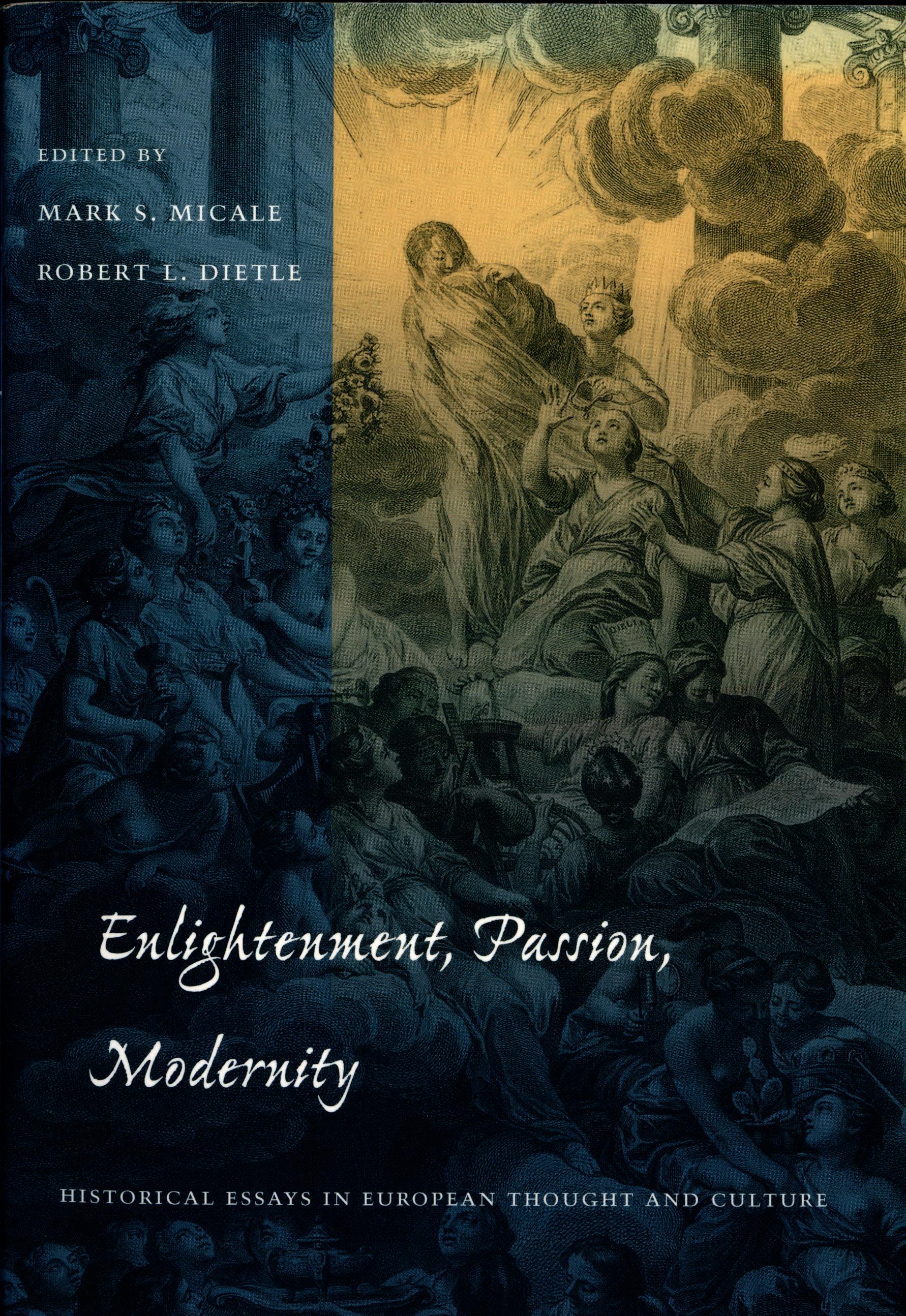
Enlightenment, Passion, Modernity: Historical Essays in European Thought and Culture, edited and introduced by Mark S. Micale and Robert L. Dietle (Stanford, California: Stanford University Press, 2000). During the 1970s and 1980s, the study of intellectual history was often denigrated for its allegedly elitist, canonical, and Eurocentric nature. Today, the situation has changed dramatically. Enriched by the methods and insights of such neighboring areas of inquiry as social history, the history of mentalities, linguistics, anthropology, literary theory, and art history, intellectual and cultural history are today experiencing a renewed vitality. The far-ranging essays in this volume, by an internationally distinguished group of scholars, represent a generous sampling of these new studies. The essays have been written in honor of Yale professor Peter Gay, one of the most prolific, provocative, and influential historians of the twentieth century and a world renowned scholar of European thought and culture. The essays reflect major themes and issues running through Professor Gay’s lifework: The Enlightenment and Its Heritages; Mind and Culture in the Victorian Middle Classes: European Cultural Modernism: Culture, Politics, and Society in Modern Germany; and Freud and the History of Psychoanalysis. The contributors include W. F. Bynum, David Cannadine, Stefan Collini, Robert Darnton, Peter Jelavich, Marion Kaplan, Tom Kohut, Martin Jay, Quentin Skinner, John Toews, Dora Weiner, and Jay Winter.
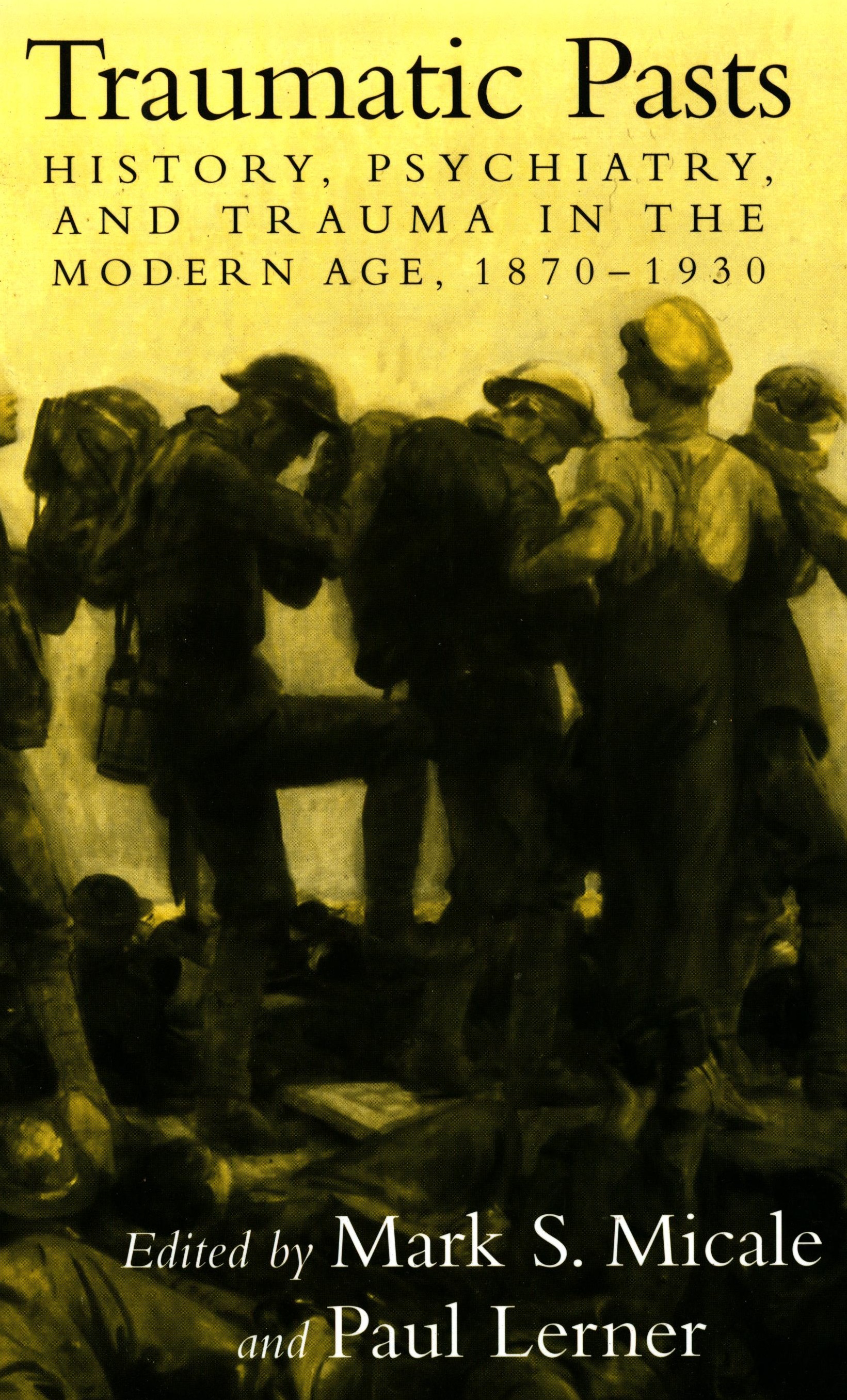
Traumatic Pasts: History, Psychiatry, and Trauma in the Modern Age, 1870-1930, edited by Mark S. Micale and Paul Lerner (Cambridge and New York: Cambridge University Press, 2001). “Trauma” is invoked today to describe a wide range of physical or emotional injuries, from victimization and suffering at the individual level (child and domestic abuse, for example), to the long-term effects of large-scale accidents (Chernobyl), severe natural disasters (the Japanese earthquake and tsunami), and mass cataclysmic events, such as the Holocaust, affecting entire societies over a period of generations. As Traumatic Pasts reveals time and again, trauma turns out to be not an event per se but rather the experiencing or remembering of an event in the mind of an individual or the life of a community. To understand the shifts and layers of the clinical and cultural meaning of trauma is to understand the very struggle of modern societies to comprehend and cope with life in a violent, chaotic, ceaselessly changing world. This book offers a unique, historical exploration of trauma in Europe and America from the 1870s, when trauma first began to take on psychological in addition to physical and medical definitions, through the 1930s, spanning the decades most associated with modernity. The authors cover the overlapping political, cultural, medical, and military approaches to mental trauma within the context of four distinct developments: the spread of railroads during the last quarter of the nineteenth century; the introduction of accident insurance and the early welfare state beginning in the 1880s; the rise of modern psychological psychiatry around the turn of the century; and the First World War and its myriad social and cultural aftermaths. The advent of railway accidents, new industrial technologies and related work accidents, female sexual trauma, and shell shock resulting from the anonymous, technological warfare of the early twentieth century are all featured here as windows onto the critical intersection of trauma, science, and social change. Micale’s and Lerner’s volume provides a generous sampling of the best of the new historical scholarship about trauma, indicating the empirical, analytical, and historiographical scope of this new work and presenting the important conceptual and methodological issues inherent in writing about the subject. One of the most influential works on psychological trauma in the past generation, Traumatic Pasts operates on the assumption that the historical humanities have something important to say about trauma; its essays may be read in part as attempts to introduce a deep historical dimension into present-day debates and controversies.
